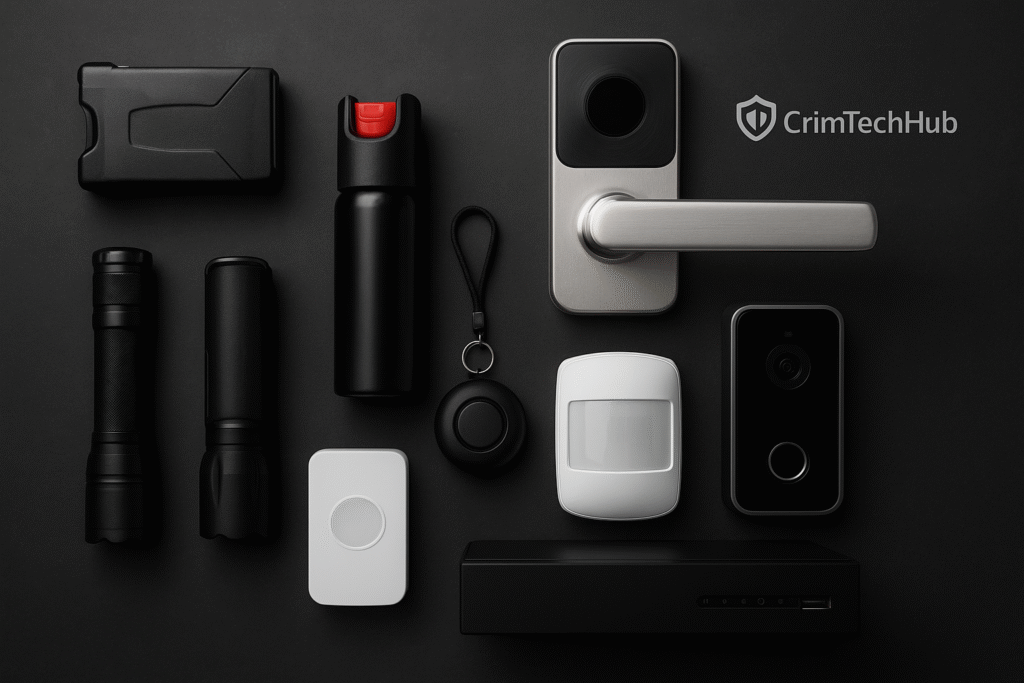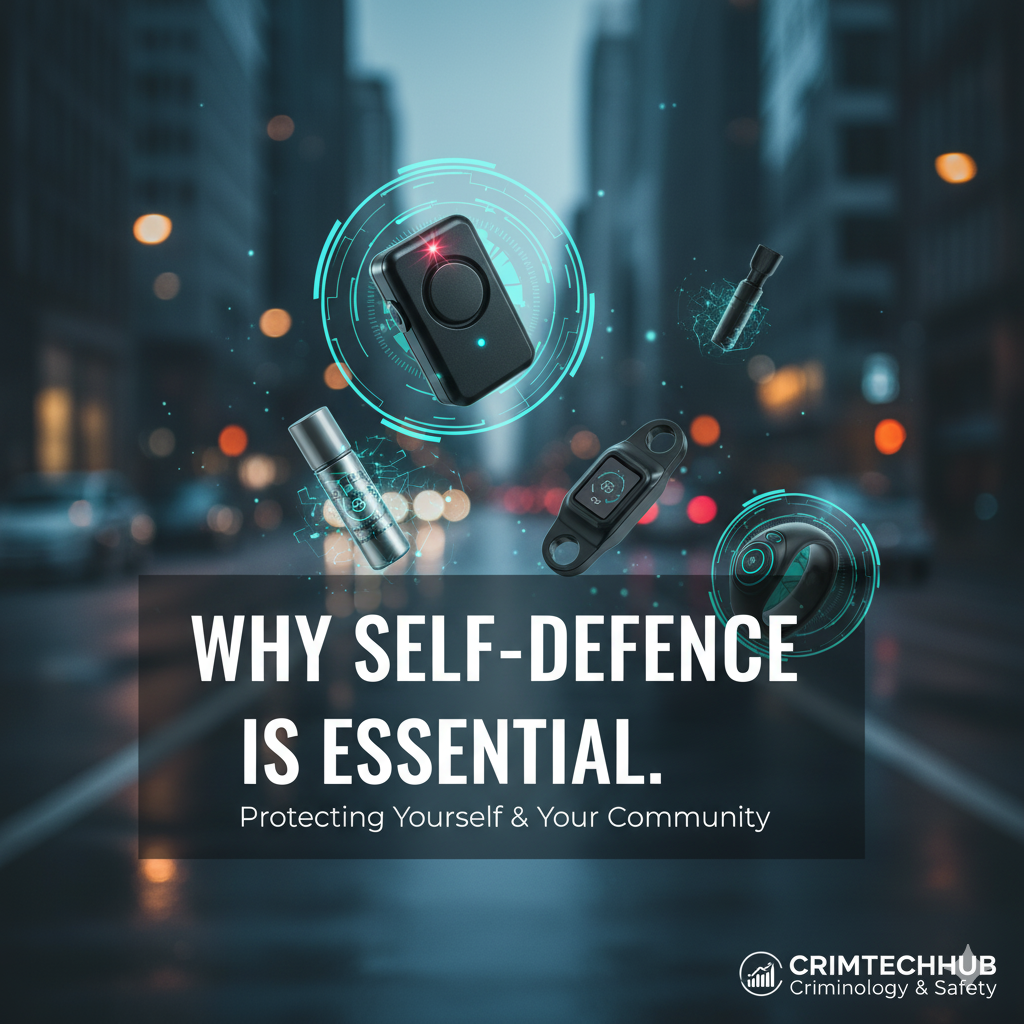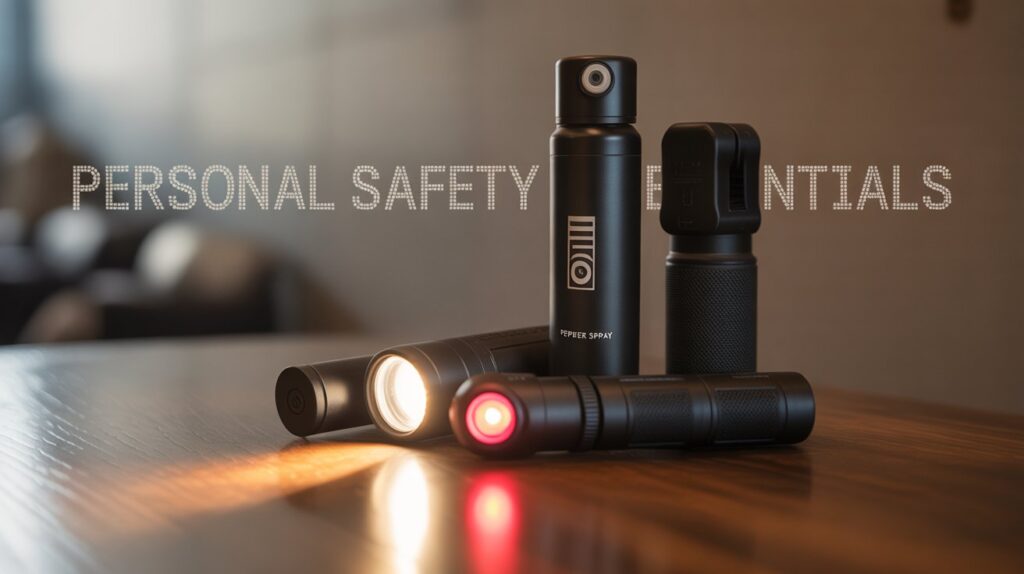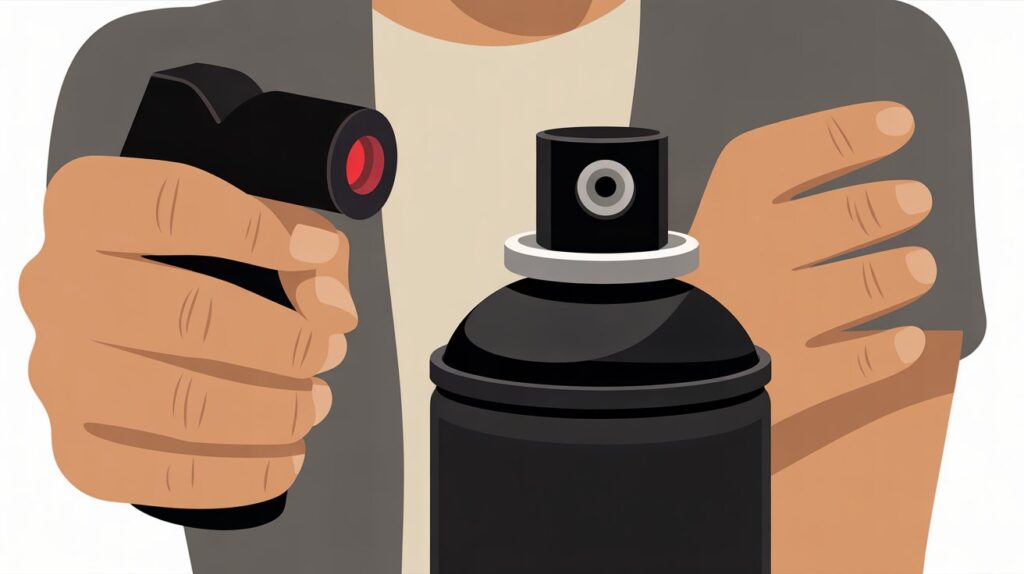
Introduction
How long does pepper spray last on skin is a common question for anyone who has used or accidentally come into contact with it. The burning, redness, and irritation it causes can be intense, but understanding how long these effects last—and how to treat them—can make recovery much easier. In this blog post, you’ll learn what happens when pepper spray touches your skin, how long the effects typically remain, and the safest ways to clean and soothe the affected area. Whether you carry pepper spray for protection or simply want to be informed, this guide will help you stay calm, safe, and prepared.
Table of Contents
What Happens When Pepper Spray Touches Your Skin
When pepper spray touches your skin, it triggers an immediate and painful reaction. The active ingredient, oleoresin capsicum (OC), is derived from hot chili peppers and contains capsaicin—the same chemical that makes peppers burn. Once it comes in contact with the skin, capsaicin activates pain receptors called nociceptors, causing an intense burning, stinging, and itching sensation. This is the body’s natural defense response to what it perceives as a harmful substance.
The skin may quickly turn red, inflamed, and extremely sensitive to touch. For most people, these effects can last anywhere from 15 minutes to over an hour, depending on how concentrated the spray is and how long it stays on the skin. Understanding how long pepper spray lasts on skin helps you know what to expect and how to react quickly. Even though the discomfort is temporary, it can feel severe without proper care. That’s why knowing how to clean and soothe your skin right after exposure is essential to reduce the pain and avoid prolonged irritation.
How Long Does Pepper Spray Last on Skin?
The burning question most people have after exposure is — how long does pepper spray last on skin? On average, the effects of pepper spray can last from 15 minutes to 45 minutes, but in some cases, mild irritation or redness may persist for up to an hour or more. The exact duration depends on several factors, including the strength of the spray, exposure time, and how quickly the affected area is cleaned.
If the spray remains on the skin for too long without being washed off, the burning sensation can intensify and last longer. People with sensitive skin may experience irritation for an extended period, even after thorough cleaning. Environmental factors like humidity, heat, or wind can also influence how long the effects stay active.
It’s important to remember that pepper spray’s active ingredient, capsaicin, binds strongly to skin oils, which makes it difficult to remove with plain water alone. Using the right cleaning methods—such as mild soap, baby shampoo, or specialized decontamination wipes—can significantly reduce discomfort and shorten recovery time.
Knowing how long pepper spray lasts on skin helps you stay prepared, respond calmly, and take proper steps to ease the burning quickly. With immediate and correct action, the effects can fade faster and leave no lasting damage.
Factors That Influence How Long Pepper Spray Stays on Skin
Several factors determine how long pepper spray lasts on skin, and understanding them can help you manage the reaction more effectively. The first factor is the strength or concentration of the pepper spray. Stronger sprays with higher capsaicin content naturally cause longer-lasting burning and irritation.
Another important factor is exposure time—the longer the spray remains on your skin before being washed off, the more intense and prolonged the effects will be. Skin type also plays a role; people with sensitive or dry skin may experience stronger reactions compared to those with oily or thicker skin.
Environmental conditions like heat, humidity, and wind can affect how pepper spray behaves. For instance, warm temperatures may open skin pores, allowing more capsaicin to absorb and increasing discomfort. Finally, rubbing or touching the sprayed area can spread the chemical and make the irritation last longer.
By recognizing these factors, you can better understand how long pepper spray stays on skin and take quick steps to reduce its impact. Acting fast—by rinsing and avoiding contact—can significantly shorten recovery time and minimize pain.
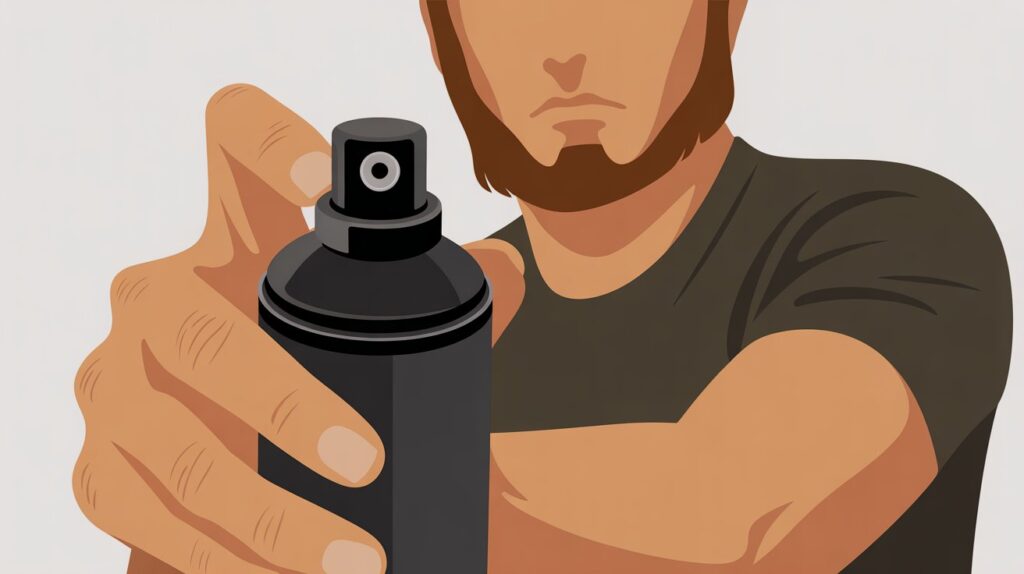
How to Remove Pepper Spray from Skin Safely
Knowing how to remove pepper spray from skin safely is crucial for reducing pain and preventing further irritation. The first step is to move to fresh air immediately to avoid inhaling more of the chemical. Next, avoid rubbing or touching the affected area—this can spread the pepper spray and make the burning worse.
Rinse your skin gently with cool water for several minutes. Hot water should be avoided, as it can open pores and allow more of the capsaicin to absorb into your skin. After rinsing, use a mild soap, baby shampoo, or non-oil-based cleanser to help break down the pepper spray’s oily residue. Oil-based products, lotions, or creams should not be used because they trap the capsaicin and extend the burning sensation.
If the burning continues, you can use saline solution or a mixture of baking soda and water to neutralize the remaining spray. Be patient—some discomfort may still persist for a short time, depending on how long pepper spray lasts on skin.
Finally, gently pat the skin dry with a clean towel and avoid scratching or touching it again. Following these steps carefully helps you recover faster and minimizes the risk of prolonged irritation or damage.
What Not to Do After Pepper Spray Exposure
After exposure, knowing what not to do is just as important as knowing how long pepper spray lasts on skin. The biggest mistake people make is rubbing or touching the affected area. This spreads the pepper spray, increases burning, and can even transfer it to your eyes or mouth. Avoid using hot water, as it opens skin pores and allows more capsaicin—the active ingredient in pepper spray—to absorb, making the pain worse.
Never apply oily lotions, creams, or makeup removers, because these trap the chemical on your skin and extend irritation. Also, don’t use vinegar, alcohol, or bleach, as they can react with the spray and cause more damage.
Instead, stay calm, rinse with cool water, and follow safe cleaning methods. Avoiding these common mistakes will help reduce the burn faster and keep the effects of pepper spray from lasting longer on your skin.
When to Seek Medical Help
Most cases of pepper spray exposure are temporary, but sometimes the effects can last longer than expected. If you’re wondering how long pepper spray lasts on skin and notice that the burning, redness, or swelling continues for more than an hour, it’s best to seek medical attention. Persistent irritation may indicate a deeper chemical reaction or skin sensitivity that needs professional care.
You should also contact a doctor if you develop blisters, severe rash, breathing problems, or eye pain after exposure. These symptoms can signal an allergic response or more serious tissue damage. People with asthma or other respiratory conditions should be especially cautious.
Medical professionals can provide soothing treatments, prescribe ointments, and check for possible infection. Seeking help promptly ensures proper healing and prevents complications that could occur if the skin is left untreated after prolonged exposure to pepper spray.
How to Prevent Long-Lasting Skin Effects
Preventing irritation and knowing how long pepper spray lasts on skin can help you minimize discomfort if exposure happens. The best way to avoid long-lasting effects is through prevention and quick action. If you handle or carry pepper spray regularly, always wear protective gloves and eyewear when checking or using it. This reduces the risk of accidental skin contact.
In case of exposure, rinse the affected area immediately with cool water and a mild cleanser. The faster you wash it off, the shorter the burning will last. Avoid touching your face or eyes, and don’t use any oil-based products afterward.
Regularly check the expiration date of your pepper spray—old sprays can become unstable and harder to clean off the skin. By staying cautious and responding quickly, you can prevent serious irritation and keep pepper spray’s effects short and manageable.

FAQS
1. How long does pepper spray last on skin?
Pepper spray typically lasts 15 to 45 minutes on the skin, but mild redness or irritation can continue for up to an hour or more depending on skin sensitivity and spray strength.
2. What helps pepper spray wear off faster?
To reduce the burning faster, rinse your skin with cool water and wash with mild soap or baby shampoo. Avoid rubbing or using oily products, as they can trap the chemical and extend irritation.
3. Can pepper spray cause permanent skin damage?
In most cases, pepper spray does not cause permanent damage. The burning and redness are temporary, but if symptoms last longer than an hour or if blisters appear, seek medical attention.
4. Does pepper spray affect everyone the same way?
No, the effects vary. People with sensitive or dry skin may feel stronger burning for a longer time, while those with thicker or oily skin often recover more quickly.
5. Can I prevent pepper spray from sticking to my skin?
Yes. Wearing protective gloves and clothing when handling pepper spray reduces direct contact. Washing immediately after exposure also helps limit how long pepper spray lasts on skin and minimizes discomfort.
Final Thoughts
Understanding how long pepper spray lasts on skin helps you respond calmly and effectively if you ever face accidental exposure. While the burning and redness can feel intense, these effects are usually temporary and fade within 30 to 60 minutes when treated properly. Acting fast—by rinsing with cool water, avoiding rubbing, and using mild soap—can make a big difference in reducing discomfort.
Remember, the duration and severity depend on factors like spray strength, skin type, and how quickly you wash it off. If irritation or pain lasts longer than expected, it’s best to seek medical help to ensure your skin heals safely.
Pepper spray is an effective self-defense tool, but understanding its effects on the skin keeps you safer and more prepared. For more safety tips, you can also read our detailed guide on the different types of pepper spray and how each one works. Such as Fogger, Gel, Foam, and Stream Pepper Spray.


